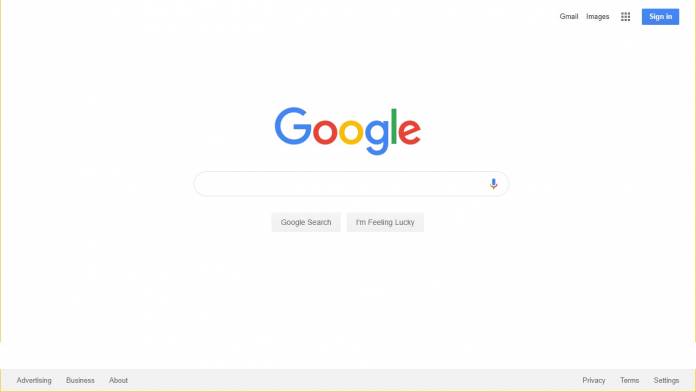
If you live in Turkey and you’re planning to upgrade to an Android phone soon, you may want to hold on to your current device a little while longer. It looks like Google is warning its Turkish business partners that things may not be good for future devices that will be released in Turkey as the country’s regulatory board has deemed that Google has still not complied with their orders. While this will not affect existing devices and their other services, the future may be in jeopardy.
Reuters shared that Google has reached out to their partners in Turkey through a local PR company saying that “we will not be able to work with them on new Android phones to be released for the Turkish market”. They did not specify if that will include both the hardware and the software and what will that mean for the future of the business and for Google users in the country in general.
This saga started back in September 2018 when the Turkish competition board fined Google around $17.4 million for violations in its mobile software sales. They were asked to make changes within six months, specifically by giving users the option to choose their phone’s search engine. But last November 7, 2019, they ruled that the changes made were still inadequate since they still did not allow changes to be made to devices’ default search engine.
What the regulatory body is asking is that they change all their software distribution agreements so that consumers will be able to choose their search engine. As long as Google doesn’t comply, they will impose a fine of 0.05% of its revenue per day. They have been given 60 days to challenge this ruling but based on this official statement, it looks like they will be challenging and even engaging their business partners to exert pressure on the regulatory board to change the decision.
If you’ve been following stories about Google then you know it’s not the first time that they have been fined for anti-competition practices. Various countries and territories have brought their own cases against the tech giant, including the entire European Union. Let’s see how this one plays out.









